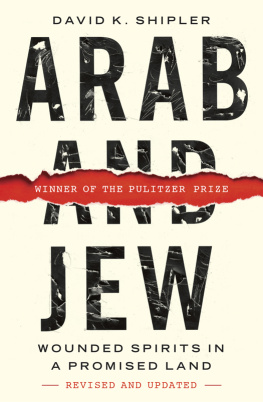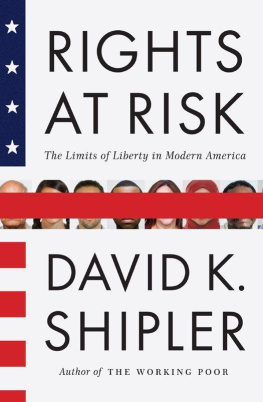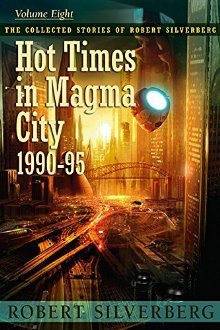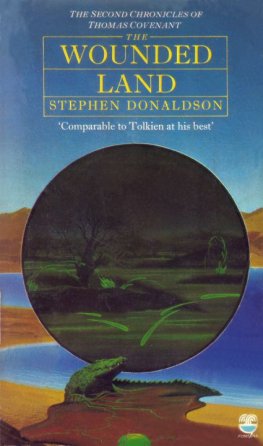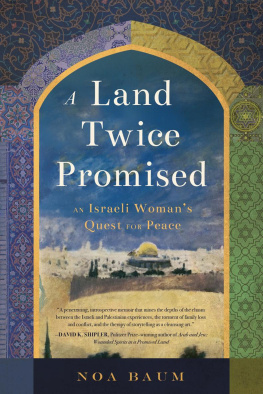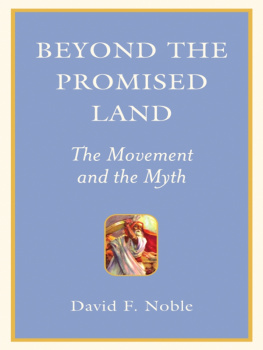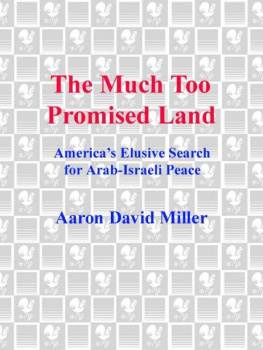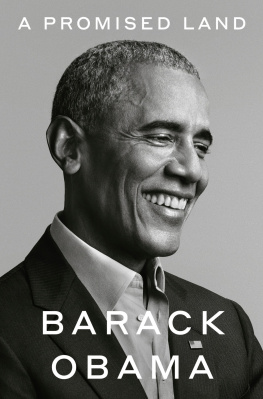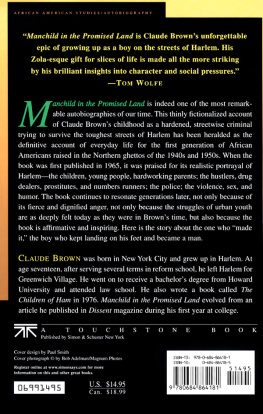David K. Shipler - Arab and Jew: Wounded Spirits in a Promised Land
Here you can read online David K. Shipler - Arab and Jew: Wounded Spirits in a Promised Land full text of the book (entire story) in english for free. Download pdf and epub, get meaning, cover and reviews about this ebook. year: 0, genre: Detective and thriller. Description of the work, (preface) as well as reviews are available. Best literature library LitArk.com created for fans of good reading and offers a wide selection of genres:
Romance novel
Science fiction
Adventure
Detective
Science
History
Home and family
Prose
Art
Politics
Computer
Non-fiction
Religion
Business
Children
Humor
Choose a favorite category and find really read worthwhile books. Enjoy immersion in the world of imagination, feel the emotions of the characters or learn something new for yourself, make an fascinating discovery.
- Book:Arab and Jew: Wounded Spirits in a Promised Land
- Author:
- Genre:
- Year:0
- Rating:3 / 5
- Favourites:Add to favourites
- Your mark:
- 60
- 1
- 2
- 3
- 4
- 5
Arab and Jew: Wounded Spirits in a Promised Land: summary, description and annotation
We offer to read an annotation, description, summary or preface (depends on what the author of the book "Arab and Jew: Wounded Spirits in a Promised Land" wrote himself). If you haven't found the necessary information about the book — write in the comments, we will try to find it.
Arab and Jew: Wounded Spirits in a Promised Land — read online for free the complete book (whole text) full work
Below is the text of the book, divided by pages. System saving the place of the last page read, allows you to conveniently read the book "Arab and Jew: Wounded Spirits in a Promised Land" online for free, without having to search again every time where you left off. Put a bookmark, and you can go to the page where you finished reading at any time.
Font size:
Interval:
Bookmark:
Grateful acknowledgment is made to the following for permission to reprint previously published material:
ACTAC (Theatrical & Cinematic) Ltd.: Excerpts from The Patriot by Hanoch Levin. Reprinted by permission of the author and ACTAC (Theatrical & Cinematic) Ltd.
Haaretz Daily Newspaper: Excerpt by Zvi Bar-El from Haaretz Daily Newspaper and letter to the editor by Shlomo Ariel from Haaretz Daily Newspaper, December 1, 1983. Reprinted by permission of Haaretz Daily Newspaper, 21 Salman Schocken Street, P.O.B. 233, Tel Aviv.
The Institute for the Translation of Hebrew Literature: Excerpts from The Vengeance of the Fathers by Yitzhak Shami, English translation by Richard Flantz from Great Hebrew Short Novels, edited by Alan Lelchuk and Gershon Shakad. Translation copyright 1983 by The Institute for the Translation of Hebrew Literature. Reprinted by permission of The Institute for the Translation of Hebrew Literature.
The Vas Leer Jerusalem Institute: Excerpts from Testimony of an Educator from Haifa by Han Abu-Hana and Diary by Anton Shammas from Every Sixth Israeli: Relations Between the Jewish Majority and the Arab Minority in Israel, edited by Alouph Hareven. Copyright 1983 by The Van Leer Jerusalem Foundation, Jerusalem. Reprinted by permission of The Van Leer Jerusalem Institute.
Raja Shehadeh: Excerpts from The Third Way: A Journal of Life in the West Bank by Raja Shehadeh. Copyright 1982 by Raja Shehadeh. Reprinted by permission of the author.
Keter Publishing House Jerusalem Ltd.: Excerpts from Arab Attitudes to Israel by Yehoshafat Harkabi. Copyright 1972 by Keter Publishing House Jerusalem Ltd. Reprinted by permission of the publisher.
Random House, Inc.: Excerpts from Begin: The Haunted Prophet by Eric Silver. Copyright 1985 by Eric Silver. Reprinted by permission of Random House, Inc.
Earth of Brass
But if ye will not hearken unto me, and will not do all these commandments I will break the pride of your power; and I will make your heaven as iron, and your earth as brass.
Leviticus 26:14, 19
S pring is a fleeting season in Israel. Fresh from the winter rains, hills and pastures are cloaked in a lushness that passes quickly. Wild flowers burst into a riot of color, then vanish, and the desert, momentarily brushed with a tint of green from wisps of new grass, lies burnished again by a relentless sun. The sky takes on its summer tone of cloudless, pastel blue. Not a drop of rain will fall again until November.
In the spring, Israel marks a double holiday divided by a dramatic shift in moods, two days in a row fixed in the Hebrew calendar to observe the sorrow of war and the joy of rebirth. First comes the Day of Remembrance to honor the countrys fallen soldiers, a solemn, moving, mournful time. Then, at sundown, the sadness is cast aside and the streets come alive in a festive air as Independence Day begins; the Israelis who have spent the daylight hours in cemeteries form circles in the streets and dance into the night. The main thoroughfares become great promenades for strolling couples and clusters of teenagers; parking lots are floodlit and bathed in music; across makeshift counters, grilled Middle Eastern delicacies and games of chance are offered. And the next morning many go into the brief abundance of spring for picnics and songs and story-telling with their old army friends from the 1948 War of Independence, the 1956 Sinai Campaign, the Six-Day War of 1967, the War of Attrition with Egypt in 196971, the Yom Kippur War of 1973, or the Lebanon War of 1982.
Six wars and nearly 15,000 Israeli deaths have scarred the landscape of this ancient land. The gravestones on Mount Herzl, the military cemetery at the edge of Jerusalem, are marching down the terraced hillside, cutting into the forest that was planted by Jewish pioneers as a gesture of reclaiming faith and return.
This hillside is where the journey into Arab-Jewish attitudes must begin, for war is the soil that nourishes those tangled weeds of hatred. All that happens in mens minds here happens on the ground of warall the toughness, all the gentleness, all the fear, all the longing, all the shrinking back in anger, and all the reaching out in hope. War has hardened and softened, embittered and mellowed. Even during peaceful intervals its presence can be felt, scratching at the soul of Jerusalem.
For both Jews and Arabs, war has produced its own sorrow and glorification. The Jews have confronted it mostly through combat, mourning their dead, nursing their wounded, extolling their heroes, praying for peace and victory. The process of war has become a business with budgets and economists and scientists; it brings serious pleasure to some and provides an outlet for cruelty. Battle has its thrills as well as its regrets. But somehow war has not generated the lust in Israeli Jews that it has among some other peoples at other times. When it comes, it does not arrive with the clamor of stirring oratory or the jingoistic exhortations to conquer all. It comes instead with a quiet strain of melancholy.
War has not been precisely the same experience for the Arabs. In those countries that have sent their armies against Israel again and again, the battle has not consumed the entire nation as it has for the Jews: Each Arab country has been large enough to absorb defeat. But the dead have included many more civilians than in Israel; Arab industry has been wrecked more thoroughly by a skillful Israeli air force, etching deeply in Arab minds the image of Israel as a rabid juggernaut bent on grinding up and taking over Arab lands. In addition, the battle has been given religious connotation through the Islamic concept of jihad, or holy war against the infidel. And
For many of the Palestinian Arabs who live, or once lived, between the Jordan and the Mediterranean, war has meant something else: displacement from their home villages. That has been their central experience of war; except for those who have been struck directly by Israeli planes or naval vessels while in refugee camps in Lebanon, for example, they have not been touched by actual combat. War has come to them not as a clap of thunder, suddenly destroying, but as a corrosive cause that eats within. Their sorrow and glorification follow a different formulaa sorrow in defeat and a glorification in resistance. A young lad from a West Bank refugee camp who goes off to join the guerrillas of the Palestine Liberation Organization stirs mixed feelings among his family and friendsa dread of loss to his parents in many cases, a heroic portrait among his peers.
The enormous impact of war on Arab and Jewish perceptions of each other and of their own positions in the conflict was documented by a study of eleven-year-old children in Israel and the West Bank. Although both groups of youngsters expressed intense patriotism and loyalty to their own sides, the Palestinian Arabs saw their struggle in an idealistic, romantic light, whereas the Israeli Jews gave war a pragmatic connotation. Nearly all the Arab children94 percentsaid that war was good if you defeated your enemy; the Jewish youngsters were divided, with 53 percent agreeing that war was justified by victory. Among a sample of American youngsters used as a control group, only 35 percent saw virtue in war.
More accord between the Arab and Jewish children was revealed on other points, however. A large majority within both groups believed that war was always necessary (81 percent of the Arabs, 71 percent of the Jews, and 54 percent of the Americans). High levels of anxiety were found among both the Arab and Jewish children, with the Jews fearing terrorist attacks, that father will be called up for reserve duty, and that father wont return home. The West Bank Arabs expressed the worry that their fathers would be arrested or their houses demolished by Israeli authorities, a standard technique used against the families of those branded as terrorists.
Next pageFont size:
Interval:
Bookmark:
Similar books «Arab and Jew: Wounded Spirits in a Promised Land»
Look at similar books to Arab and Jew: Wounded Spirits in a Promised Land. We have selected literature similar in name and meaning in the hope of providing readers with more options to find new, interesting, not yet read works.
Discussion, reviews of the book Arab and Jew: Wounded Spirits in a Promised Land and just readers' own opinions. Leave your comments, write what you think about the work, its meaning or the main characters. Specify what exactly you liked and what you didn't like, and why you think so.

